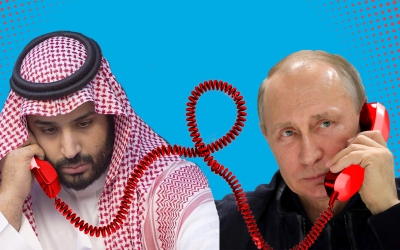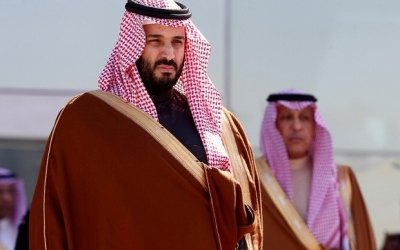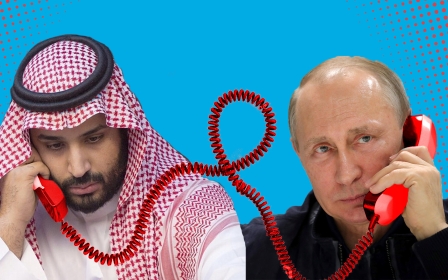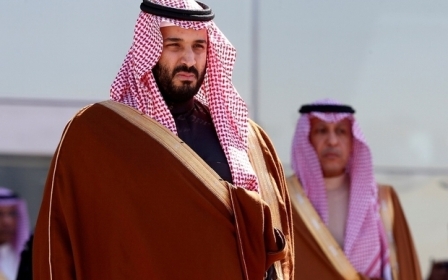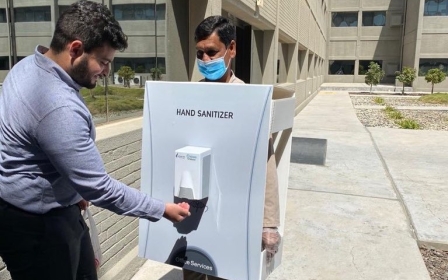Saudi Arabia courts US and Russia with surprise cut in oil output
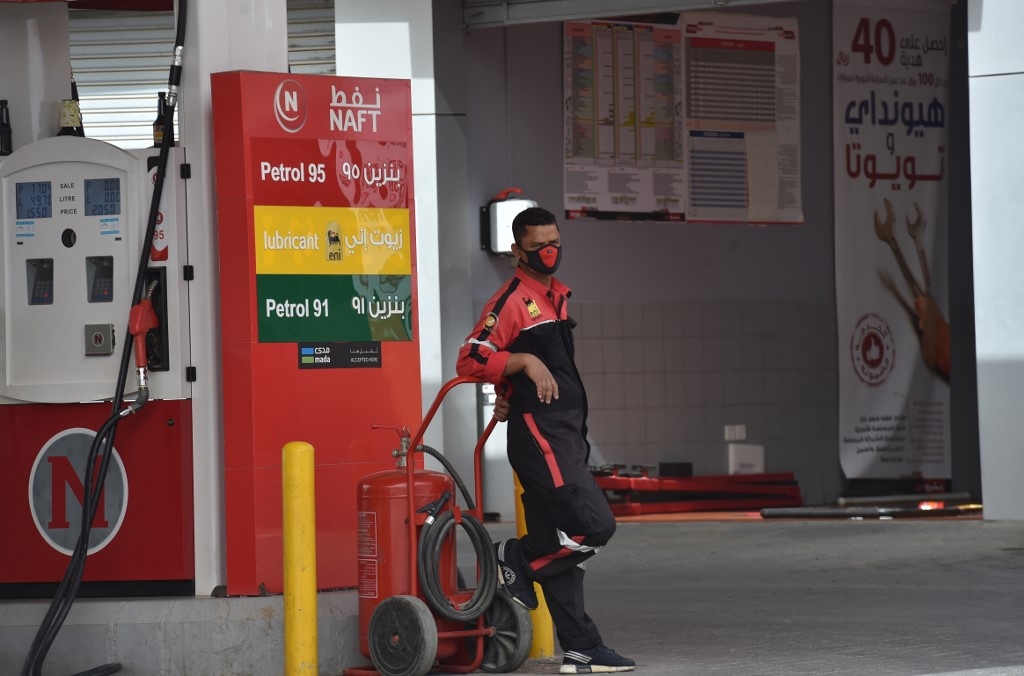
Saudi Arabia has pledged additional, voluntary oil output cuts of one million barrels per day (bpd) in February and March as part of a deal under which most Opec+ producers will hold production steady in the face of new coronavirus lockdowns.
The surprising move, which boosted Brent oil prices by almost 5 percent to above $53 per barrel, will benefit struggling shale producers in the United States, who need higher prices to make their businesses viable.
Two Opec+ members, Russia and Kazakhstan, will also be allowed to bump up their output by a combined 75,000 bpd in February and a further 75,000 bpd in March.
"If there is one way to describe what its voluntary cut means for the market, ‘happy hour’ is a pretty fitting term," Rystad Energy analyst Bjornar Tonhaugen said in a note.
The deal, under which most producers will hold output steady, followed two days of talks by Opec+, which is made up of members of Opec alongside ten other oil exporting countries.
Saudi energy minister Prince Abdulaziz bin Salman said the unilateral move was made “with the purpose of supporting our economy, the economies of our friends and colleagues, the Opec+ countries, for the betterment of the industry”.
Shouting match
The move by Saudi Arabia again highlights the erratic polices of Saudi Crown Prince Mohammed bin Salman with regard to the oil industry.
Last year, bin Salman angered both US President Donald Trump and his Russian counterpart Vladimir Putin after launching an ill-judged price war by flooding the market with Saudi oil just as Covid-19 was devastating demand.
Bin Salman was reported to have held a telephone call in February with Putin that degenerated into a shouting match just before Riyadh decided to release the extra oil to the market.
The call took place prior to an Opec+ meeting on 6 March, in which major oil producers failed to agree a deal on cutting production.
Last year's collapsing oil price was initially hailed by Trump, who presented it as an opportunity to fill up the US’s own reserves with cheap oil.
But the White House subsequently reversed course after protests from US oil producers, many of whom have invested in more costly shale oil extraction and require significantly higher prices in order to break even.
Trump was even reported to have threatened in April to withdraw military support for Saudi Arabia unless bin Salman cut production.
'Transition from the oil industry'
While the Saudi crown prince may feel Tuesday's cuts will ingratiate himself with the US, they may not be universally welcomed in Washington.
Unlike Trump, President-elect Joe Biden may not be a keen supporter of the country's shale industry, having already made clear that once taking office he will push ahead with a proposed clean-energy revolution as part of a “transition from the oil industry”.
The increases in production allowed to Russia and Kazakhstan were also far below what they had demanded.
The two countries had pushed for Opec+ to raise production by 500,000 barrels per day (bpd) for February, as it had done for January.
Meanwhile, Tuesday's Opec+ meeting warned that bearish risks are on the rise as "the reimplementation of Covid-19 containment measures across continents, including full lockdowns, are dampening the oil demand rebound in 2021".
Prince Abdulaziz urged caution, noting still fragile fuel demand and the unpredictable impact of new variants of the coronavirus.
He said the voluntary cut would help prevent stockpiles building up.
Tuesday's deal, including Saudi Arabia's voluntary reduction, will widen Opec+ cuts to 8.125m bpd in February before they narrow to 8.05m in March, based on Opec figures and the Saudi minister's comments.
April volumes are to be decided at an Opec+ meeting in early March, Reuters reported.
Middle East Eye delivers independent and unrivalled coverage and analysis of the Middle East, North Africa and beyond. To learn more about republishing this content and the associated fees, please fill out this form. More about MEE can be found here.


